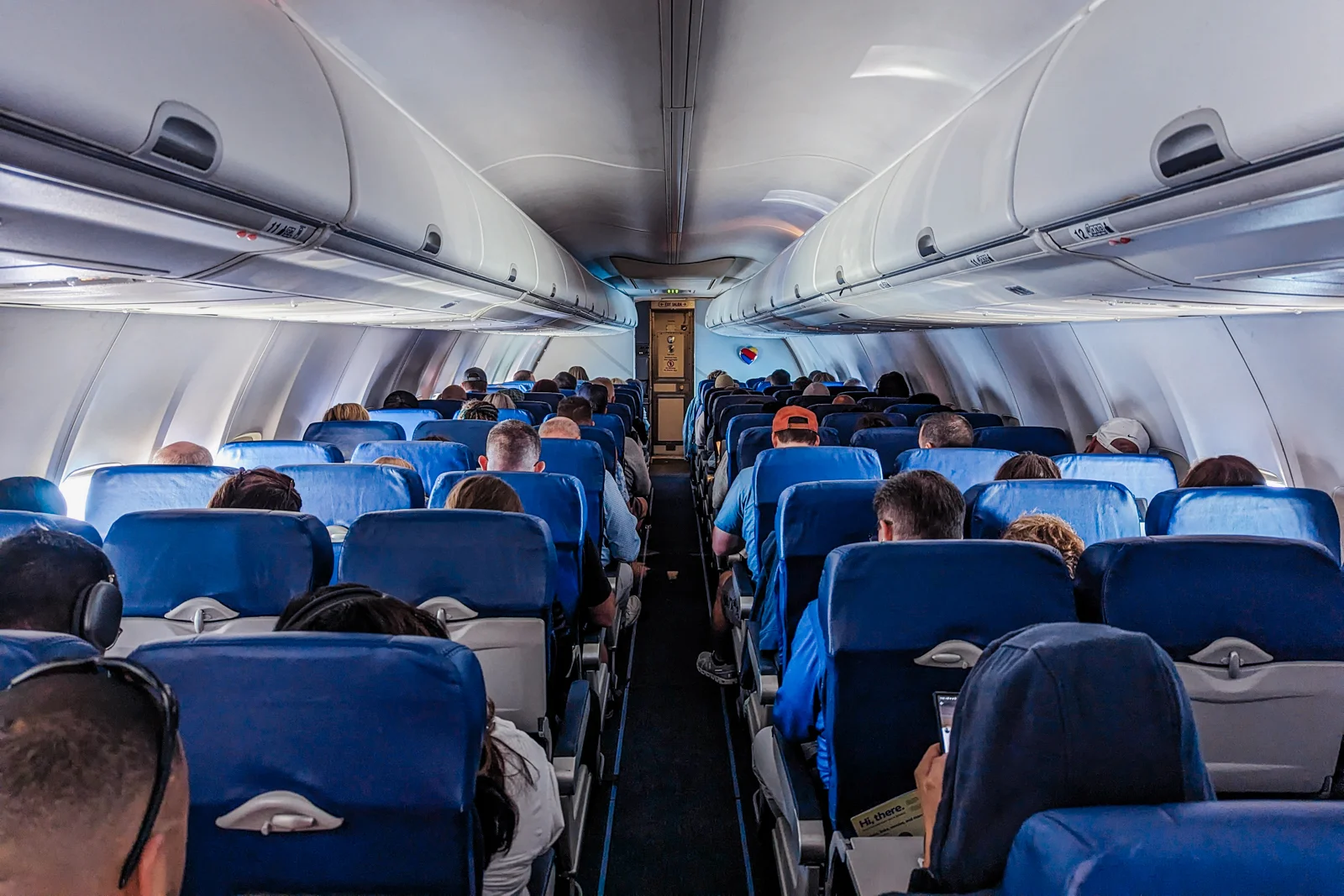In a significant shift for travelers, Southwest Airlines has announced the end of its long-standing open seating policy. Finally!
This decision marks a notable change for the airline, which has been known for its unique boarding system that allowed passengers to choose their seats on a first-come, first-served basis. This is just a small part of Southwest’s efforts to update their operations and enhance the customer’s experience.
Southwest Airlines’ open seating policy has been a defining feature of the airline since its inception. Passengers were accustomed to boarding by group and position, selecting their seats upon entry. This system allowed for flexibility but also led to some unpredictable experiences, including the occasional scramble for seats and varying levels of comfort based on boarding times.
The airline’s decision to phase out the open seating policy is aimed at improving overall passenger satisfaction. Starting in early 2025, Southwest will transition to a more traditional assigned seating model. This change is expected to provide a more predictable and orderly boarding process, reducing stress and confusion for travelers.
Several factors are driving Southwest’s decision to abandon its open seating policy. The shift is part of a broader strategy to enhance operational efficiency and address customer feedback. Many travelers have expressed frustration with the current system, citing issues such as difficulties finding seats together for families or groups and discomfort over not knowing where they would sit until the last moment.
By implementing assigned seating, Southwest aims to address these concerns and offer a more streamlined boarding experience. The new system will allow passengers to select their seats in advance, ensuring that families and groups can sit together and providing greater control over seating preferences.
For many frequent flyers, the change will represent a departure from a familiar and beloved aspect of Southwest’s service. However, the transition to assigned seating is expected to bring several benefits. Passengers will now have the ability to choose their seats ahead of time, reducing the anxiety associated with the open seating process. Additionally, the new system is anticipated to expedite the boarding process and potentially reduce delays.
Southwest’s move aligns with industry trends, as many airlines have adopted assigned seating to enhance the travel experience. The change is also seen as a way to better compete with other carriers and meet evolving customer expectations.
As Southwest Airlines prepares for this transition, it will be crucial to communicate effectively with passengers to ensure a smooth shift to assigned seating. The airline has indicated that it will provide ample information and support to help travelers navigate the new system.

